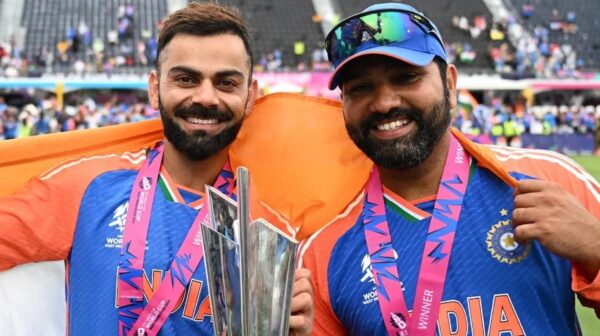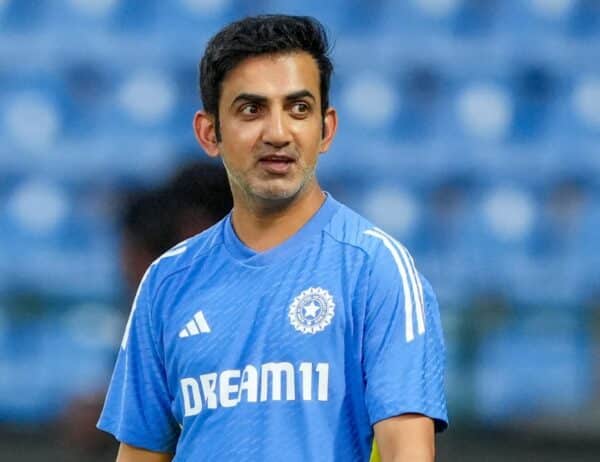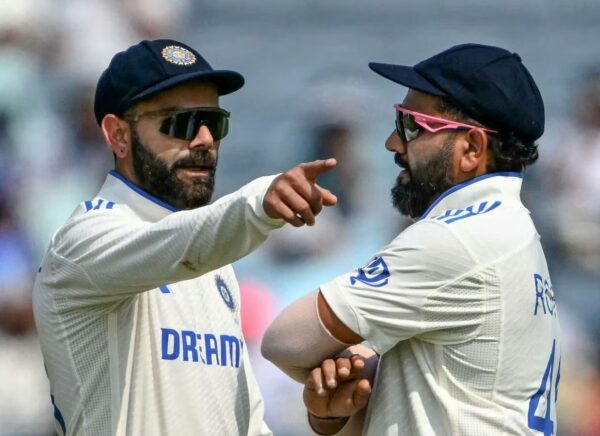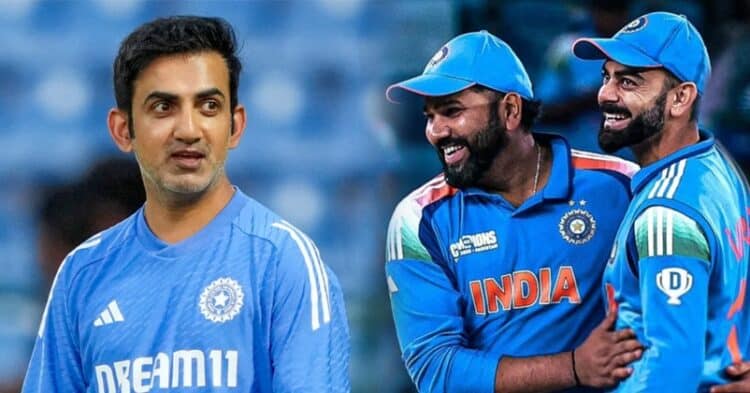The ODI Cricket World Cup is one of the most prestigious tournaments in the sport, bringing together top cricketing nations in a battle for global supremacy. Held every four years, it has historically produced some of cricket’s most iconic moments and legendary performances. The format balances the excitement of shorter games with the strategic depth of traditional cricket, attracting millions of fans worldwide. Beyond competition, the World Cup fosters national pride, showcases emerging talent, and significantly boosts the sport’s popularity and development across diverse regions.

The Indian cricket team has won two ODI World Cups, first time in 1983 and second time in 2011 and India missed the chance of winning the third ODI World Cup in 2023 when India lost the finals to Australia.
With the 2027 ICC Cricket World Cup still distant on the calendar, the Indian men’s cricket team head coach Gautam Gambhir has indicated that it is too early to predict the presence of stalwarts like Virat Kohli and Rohit Sharma in the squad for that tournament. Both the players recently concluded their Test and T20 International careers, leaving the One-Day format as their sole remaining avenue to represent India internationally.
When asked about the possibility of their inclusion in the next 50-over World Cup, Gautam Gambhir played down any speculation, suggesting that such decisions are premature given the tournament’s timeline. He reminded that the next major focus for the team is the T20 World Cup scheduled for February-March 2026, which will be hosted in India. His current coaching contract runs through to the 2027 World Cup but his immediate priority remains preparing for the upcoming T20 challenge.

Gautam Gambhir also reiterated a principle he’s often stood by — performance should be the only criterion for selection, not age. As long as a player continues to perform at the highest level, age becomes irrelevant in his view.
Reflecting on the retirements of Virat Kohli and Rohit Sharma from Test cricket, Gautam Gambhir acknowledged the deep personal nature of such decisions. He emphasised that no external party, be it coach, selector, or otherwise, has the authority to dictate when a player should retire. These decisions, he noted, must come from the players themselves, driven by their personal sense of timing and readiness.
He also addressed the vacuum their absence creates in the Test setup, recognising the challenge it presents while also highlighting the opportunities it opens up.

According to Gautam Gambhir, this transition phase should serve as a motivator for emerging players to step up and seize their moment. He recalled a similar situation when Jasprit Bumrah was unavailable for a major tournament, underscoring how such scenarios often lead to new heroes rising to the occasion.
As India navigates this phase of change and prepares for crucial tournaments ahead, Gautam Gambhir remains focused on the immediate tasks while keeping the door open for veteran players, provided they continue to meet the performance standards.




